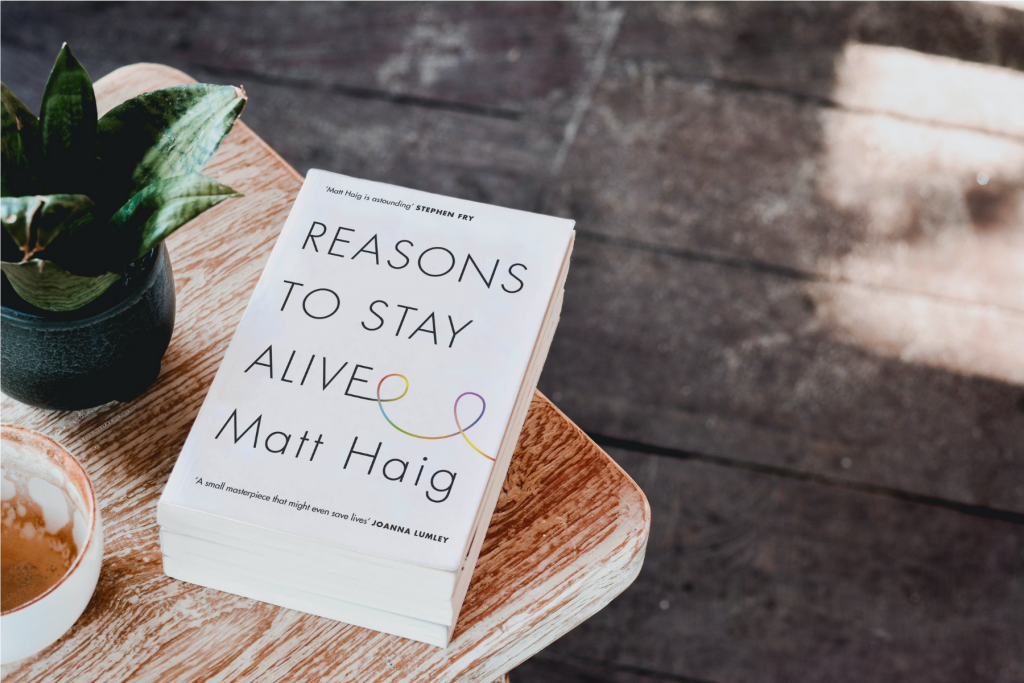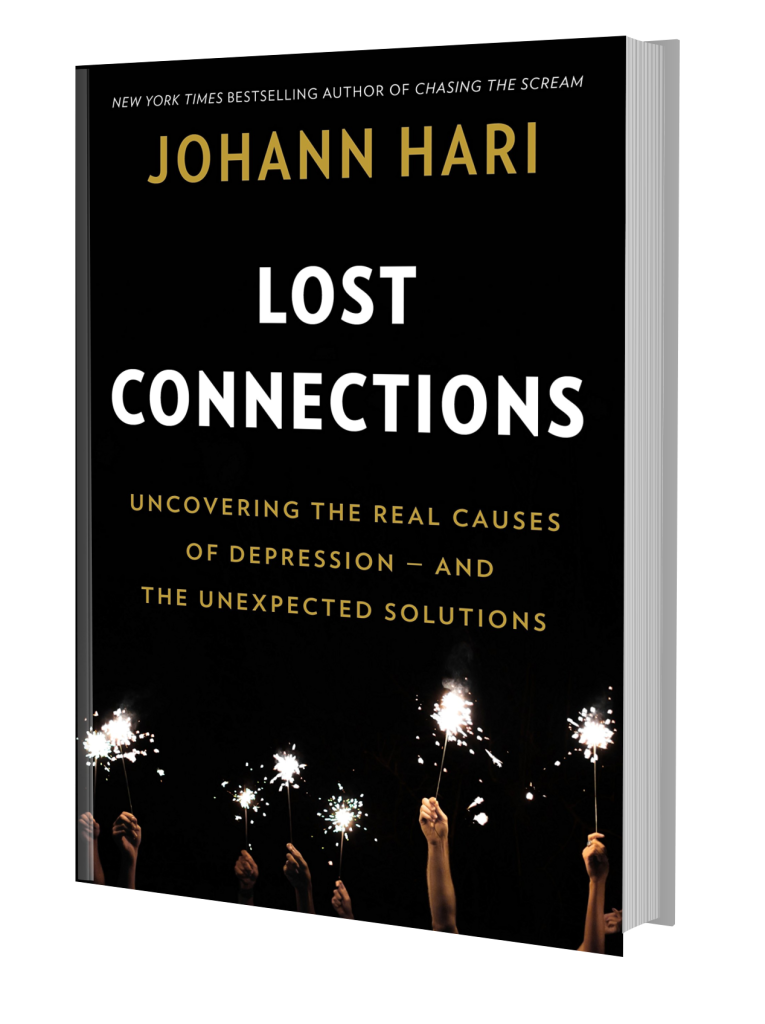In today’s fast-paced world, where stress and anxiety have become all too common, taking care of our mental well-being is of utmost importance. While therapy and professional guidance play a significant role, literature has also emerged as a powerful tool for understanding and navigating the complexities of mental health. In this article, we will delve into the realm of mental health literature and explore a selection of good books that offer unique perspectives, insights, and solace.
Journeying Through the Depths: Memoirs and Personal Accounts
Memoirs and personal accounts provide a poignant and intimate window into the lives of individuals who have experienced mental health challenges firsthand. Through these narratives, readers can empathize, learn, and find solace in the shared experiences. One such remarkable book is “The Bell Jar” by Sylvia Plath. Plath’s semi-autobiographical novel offers a raw and honest portrayal of her descent into depression, vividly capturing the internal struggles and societal pressures.
Another insightful memoir is “Reasons to Stay Alive” by Matt Haig. Haig chronicles his own battle with depression and anxiety, weaving personal anecdotes, reflections, and practical advice to provide hope and inspiration to others facing similar challenges.

Fictional Escapes: Novels that Tackle Mental Health Themes
Novels have the unique ability to transport readers into different worlds while exploring profound themes. When it comes to mental health, literature offers a diverse range of novels that delve deep into the human psyche. “The Perks of Being a Wallflower” by Stephen Chbosky is a coming-of-age story that addresses themes of trauma, depression, and social anxiety, resonating with readers of all ages.
For a thought-provoking exploration of bipolar disorder, “The Silver Linings Playbook” by Matthew Quick is an excellent choice. The novel portrays the struggles of the protagonist as he tries to rebuild his life while coping with his mental health condition.
Insights and Understanding: Educational and Informative Reads
Educational and informative books about mental health can empower individuals with knowledge, helping them understand various disorders, coping mechanisms, and the importance of self-care. “Lost Connections” by Johann Hari presents a critical analysis of depression and anxiety, challenging conventional wisdom and offering alternative perspectives on the causes and treatments of these conditions.

“The Body Keeps the Score” by Bessel van der Kolk is a groundbreaking work that explores the impact of trauma on the mind and body. Through compelling stories and scientific research, the book highlights the importance of trauma-informed care and offers practical strategies for healing and recovery.
Conclusion
As we navigate the complexities of mental health, literature can be a valuable companion, offering solace, understanding, and hope. From memoirs and personal accounts to fictional escapes and educational reads, the books mentioned in this article provide a diverse range of perspectives and insights. By immersing ourselves in these narratives, we gain a deeper understanding of mental health and discover that we are not alone in our struggles. So, pick up a book, embark on a literary journey, and unravel the profound depths of the human mind.


